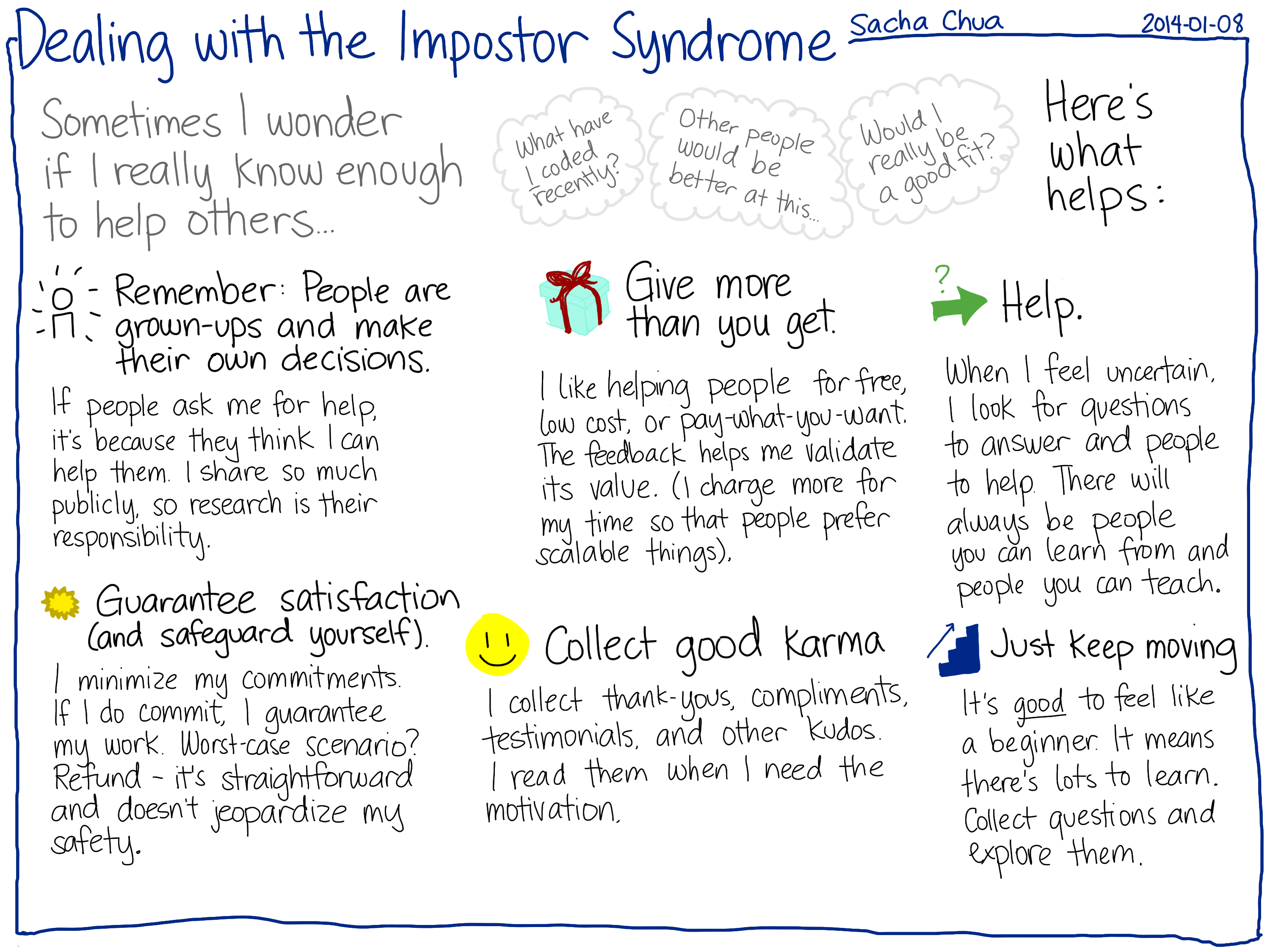How to Conquer Procrastination, Emotional Dependency, and the Impostor Syndrome
How to Conquer Procrastination, Emotional Dependency, and the Impostor Syndrome
Blog Article
Throughout our routines, we often encounter challenges that hinder productivity and personal o que é a síndrome do impostor growth. Among the most common issues are procrastination, emotional dependency, and impostor syndrome. These problems not only disrupt personal and professional life, but understanding them is the first step to overcoming them.
In this article, you’ll discover what these issues are, why they occur, and effective strategies to manage them. By gaining this knowledge, you can enhance your mental clarity and live a more fulfilling life.
What is Procrastination?
Procrastination refers to the act of delaying tasks that require immediate attention. This behavior is often linked to emotional and psychological factors.

Studies reveal that procrastination is rooted in the brain’s preference for short-term rewards. Common causes include poor time management, low energy levels, and overwhelming workloads. Recognizing these triggers is essential to addressing the issue effectively.
How Emotional Dependency Affects Relationships
Emotional dependency is characterized by a deep reliance on external relationships for approval, validation, or support. While building relationships is fundamental, excessive emotional dependency leads to imbalance and stress.
People with emotional dependency often feel insecure without constant reassurance. This behavior often stems from childhood experiences, such as a fear of abandonment or low self-esteem. Therapy and self-reflection can help reduce dependency and promote emotional balance.
What is Impostor Syndrome?
Impostor syndrome is the persistent belief that one’s success is undeserved. Despite evidence of competence, individuals with impostor syndrome attribute their achievements to luck or external factors.

This mindset can lead to chronic stress, low self-confidence, and missed opportunities. Research suggests that addressing impostor syndrome requires acknowledging accomplishments, reframing negative thoughts, and seeking constructive feedback.
Strategies to Overcome These Challenges
If you want to improve your habits and mindset, consider implementing the following strategies:
- For procrastination: Break tasks into smaller steps and practice time management strategies such as the Pomodoro Technique.
- For emotional dependency: Develop self-reliance through activities like self-reflection and personal growth exercises.
- For impostor syndrome: Keep a journal of your achievements and seek support from trusted mentors or peers.
Consistency is vital—practice these techniques daily to achieve sustainable results.
Conclusion: Taking Charge of Your Mental Habits
Procrastination, emotional dependency, and impostor syndrome don’t have to define your life. By understanding their causes and applying effective strategies, you set the stage for a more productive, confident, and fulfilling future.
Start small—choose one strategy from this article and apply it consistently. Over time, you’ll see improvements in your mindset and daily life.
Report this page